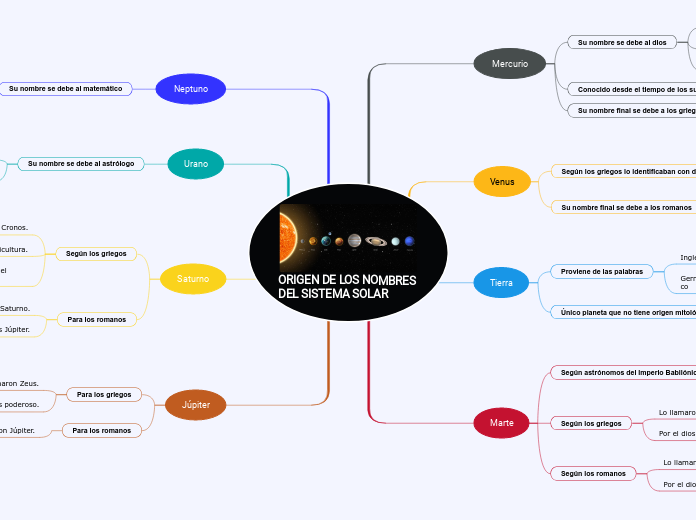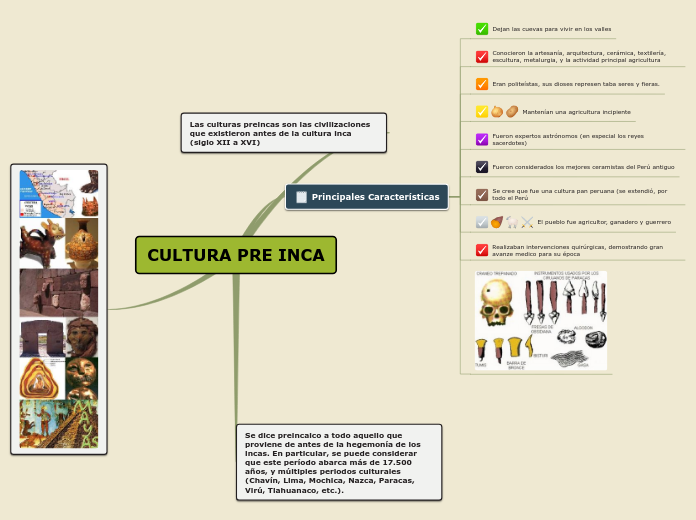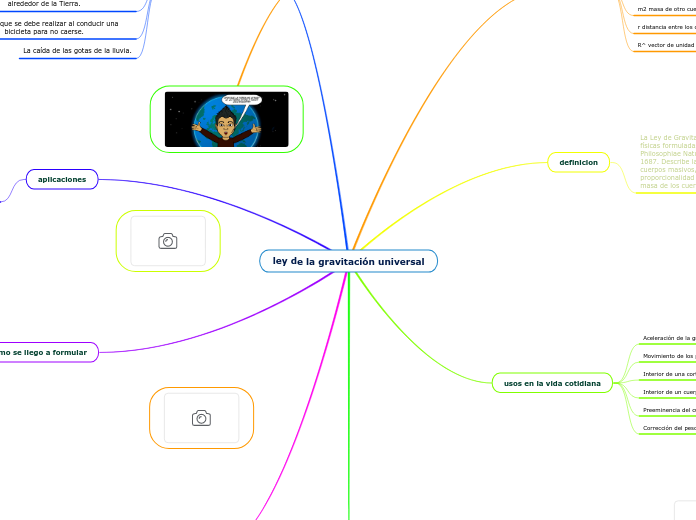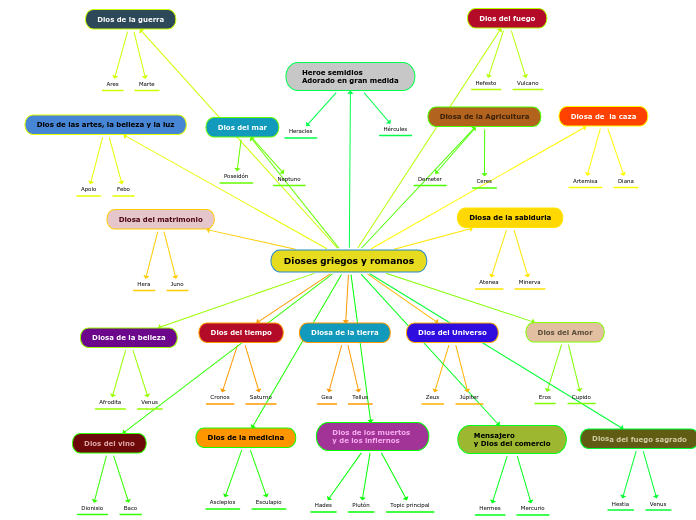Significa Tierra
ORIGEN DE LOS NOMBRES DEL SISTEMA SOLAR
The Solar System is the gravitationally bound system of the Sun and the objects that orbit it, either directly or indirectly. Of the objects that orbit the Sun directly, the largest are the eight planets, with the remainder being smaller objects, the dwarf planets, and small Solar System bodies.
Júpiter
Jupiter is a giant gas world that is the most massive planet in our solar system.
Its swirling clouds are colorful due to different types of trace gases.
And a major feature in its swirling clouds is the Great Red Spot, a giant storm more than 10,000 miles wide. It has raged at more than 400 mph for the last 150 years, at least.
Jupiter has a strong magnetic field, and with 75 moons, it looks a bit like a miniature solar system.
How long does it take for Jupiter to go around the sun?
Lo llamaron Júpiter.
Para los griegos
Por el dios más poderoso.
Lo llamaron Zeus.
Saturno
Saturn is known most for its rings.
Galileo Galilei first thought it was an object with three parts: a planet and two large moons on either side.
Not knowing he was seeing a planet with rings, the stumped astronomer entered a small drawing — a symbol with one large circle and two smaller ones — in his notebook.
The rings are made of ice and rock and scientists are not yet sure how they formed. The gaseous planet is mostly hydrogen and helium.
Para los romanos
A planet's day is the time it takes the planet to rotate or spin once on its axis.
Write down Saturn's day measured in Earth days.
Honrando al padre del dios Júpiter.
Adaptaron su nombre a Saturno.
Pensaron que el planeta era el guardían del tiempo.
Haciendo referencia al tiempo y la agricultura.
Lo llamaron Cronos.
Urano
Uranus is an oddball. It has clouds made of hydrogen sulfide, the same chemical that makes rotten eggs smell so foul.
It rotates from east to west like Venus. Its tilt causes extreme seasons that last 20-plus years, and the sun beats down on one pole or the other for 84 Earth-years at a time.
Methane in the atmosphere gives Uranus its blue-green tint. It also has 13 sets of faint rings.
Su nombre se debe al astrólogo
En honor al padre Cronos.
Johann Elert.
Neptuno
Neptune is about the size of Uranus and is known for supersonic strong winds.
Neptune is far out and cold.
The planet is more than 30 times as far from the sun as Earth.
Neptune was the first planet predicted to exist by using math, before it was visually detected. Neptune is about 17 times as massive as Earth and has a rocky core.
Su nombre se debe al matemático
Inspirado en el dios del Mar, por su color azul.
Urban Le Verrier.
Marte
Mars is a cold, desert-like place covered in dust. This dust is made of iron oxides, giving the planet its iconic red hue.
Mars shares similarities with Earth: It is rocky, has mountains, valleys and canyons, and storm systems ranging from localized tornado-like dust devils to planet-engulfing dust storms.
Según los romanos
How long does it take for Mars to go around the sun?
Por el dios de las batallas.
Lo llamaron Marte.
Según los griegos
A planet's day is the time it takes the planet to rotate or spin once on its axis.
Write down Mars's day measured in Earth days.
Por el dios de la guerra.
Lo llamaron Ares.
Según astrónomos del Imperio Babilónico
Por el dios de la muerte y la pestilecia.
Lo llamaron Nerpal.
Tierra
Earth is a water world, with two-thirds of the planet covered by oceans.
It's the only world known to harbor life.
Earth's atmosphere is rich in nitrogen and oxygen.
Its name originates from 'Die Erde,' the German word for 'the ground.'
Earth may once have had two moons, nowadays it has just one.
Único planeta que no tiene origen mitológico.
A planet's day is the time it takes the planet to rotate or spin once on its axis.
Write down the Earth's day in hours.
Proviene de las palabras
Germánico
Erde
Inglesa
Earth
Venus
Venus is Earth's twin in size and has no moons.
Its surface has various mountains and volcanoes. Because of its thick, toxic atmosphere that's made of sulfuric acid clouds, Venus is an extreme example of the greenhouse effect. The average temperature on Venus' surface is 900 F (465 C).
Venus spins slowly from east to west, the opposite direction to most of the other planets.
The Greeks believed Venus was two different objects — one in the morning sky and another in the evening. Because it is often brighter than any other object in the sky, Venus has generated many UFO reports.
Su nombre final se debe a los romanos
How long does it take for Venus to go around the sun?
Lo asociaron a la diosa Venus.
Según los griegos lo identificaban con dos nombres
Lucifer
Fósforo
Mercurio
Mercury is the smallest, only a little bit larger than Earth's moon. Mercury has no moon.
It experiences dramatic changes in its day and night temperatures: Day temperatures can reach a scorching 840 F (450 C), which is hot enough to melt lead. Meanwhile, on the night side, temperatures drop to minus 290 F (minus 180 C).
It also has a very thin atmosphere of oxygen, sodium, hydrogen, helium, and potassium and can't break-up incoming meteors, so its surface is pockmarked with craters, just like the moon.
Su nombre final se debe a los griegos.
How long does it take for Mercury to go around the sun?
Conocido desde el tiempo de los sumerios.
A planet's day is the time it takes the planet to rotate or spin once on its axis.
Write down Mercury's day measured in Earth days.
Su nombre se debe al dios
Our Solar System has eight “official” planets which orbit the Sun.
Each planet is at a different distance from the sun. Name its position.
De los ladrones.
Del comercio.
De los viajeros.









